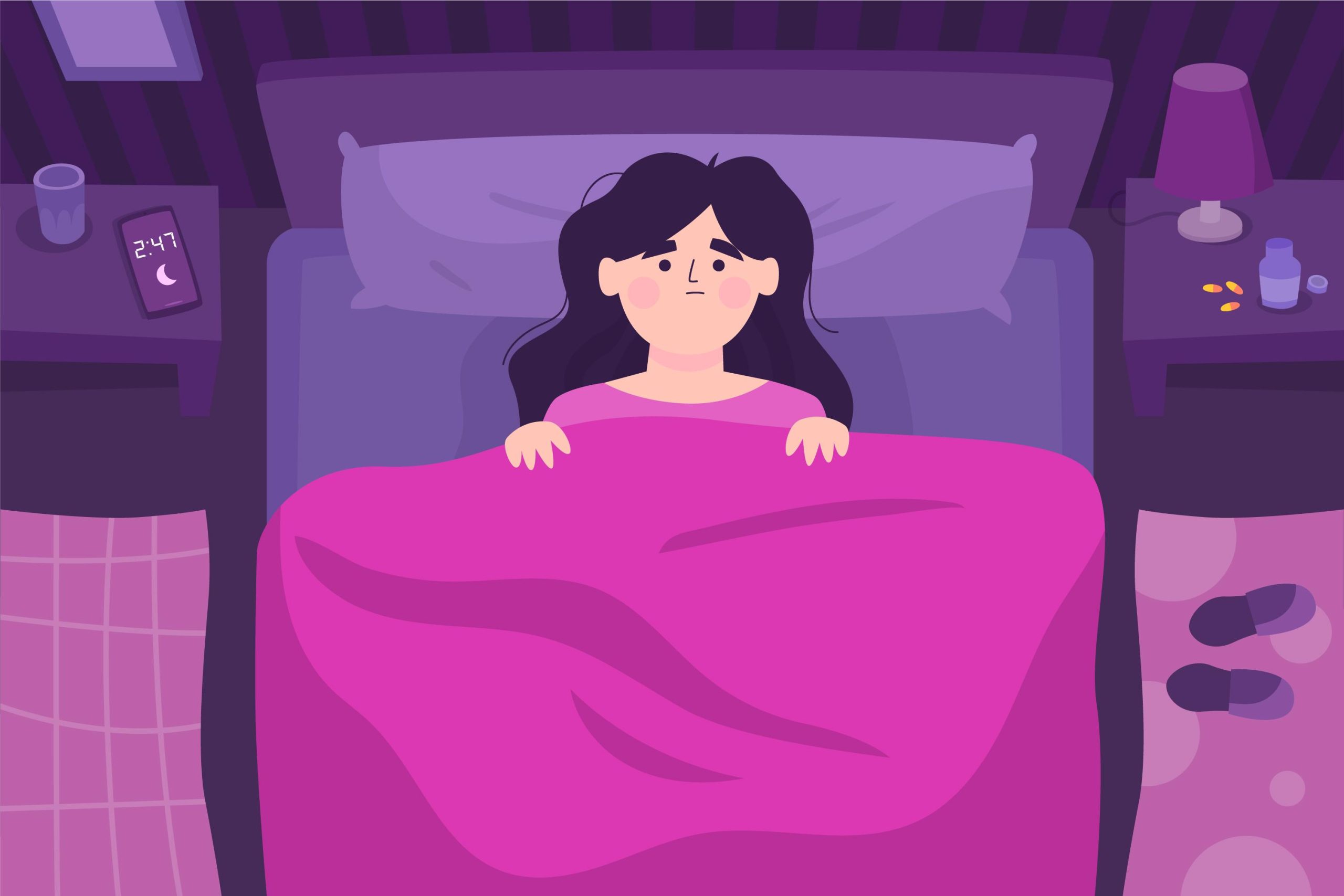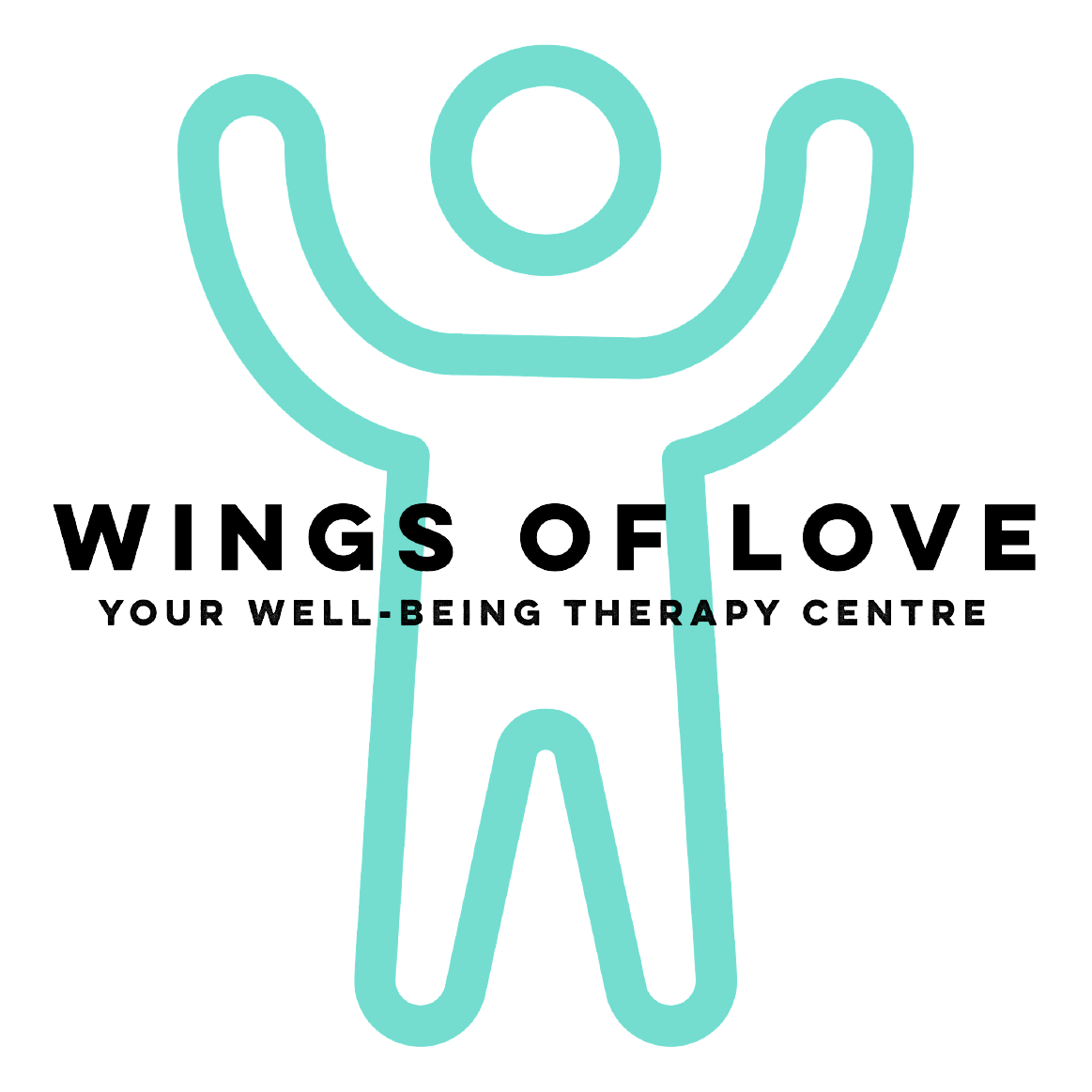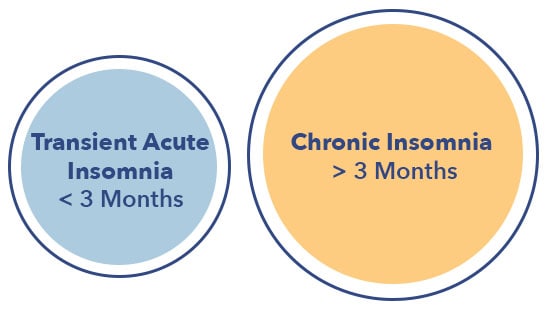26 May Understanding Insomnia: Causes, Symptoms, and Treatment Options.

Understanding Insomnia: Causes, Symptoms, and Treatment Options.
26 May 2023
By Wings of Love
In a fast-paced world characterised by constant stress, mounting anxiety, and an increasing prevalence of physical ailments, individuals are increasingly turning to alternative healing methods to address their well-being. Amid this quest for holistic health and inner balance, the ancient practice of Reiki healing has gained remarkable prominence. Rooted in the time-honoured Japanese tradition, Reiki offers a unique approach to well-being that transcends the boundaries of conventional medicine.
In this comprehensive article, we will delve into the intricacies of insomnia, exploring its underlying causes, diverse symptoms, and the range of effective treatment options available. By unravelling the complexities of insomnia, we can equip ourselves with the knowledge needed to regain control over our sleep patterns and enhance our overall well-being.
Defining Insomnia
Insomnia is a sleep disorder characterized by persistent difficulty in falling asleep, staying asleep, or experiencing restorative sleep, despite having adequate opportunities and circumstances for slumber. It goes beyond occasional sleepless nights and becomes a chronic condition that can significantly impact an individual’s physical health, mental well-being, and overall quality of life. Insomnia affects people of all ages, from children to the elderly, and can manifest in different forms, durations, and intensities.
Understanding the Two Faces of Insomnia
Transient Acute Insomnia
Acute insomnia is a transient form of sleep disruption that typically lasts for a short period, ranging from a few nights to a few weeks. It is often triggered by external factors such as stress, anxiety, sudden life changes, or environmental disturbances. For instance, acute insomnia may arise when preparing for an important exam, dealing with a personal loss, or adjusting to a new work schedule. Although it is usually self-limiting and resolves without medical intervention, the impact on sleep quality and daily functioning can still be significant.
Chronic Insomnia
Chronic insomnia, on the other hand, is a persistent sleep disorder that extends for at least three nights per week and persists for three months or longer. Unlike acute insomnia, chronic insomnia is not merely a temporary disruption but an ongoing condition deeply ingrained in an individual’s sleep patterns. It can be the result of various underlying factors, including psychological, physiological, and behavioral components. Chronic insomnia can lead to a vicious cycle where the frustration of being unable to sleep intensifies anxiety, further impeding the ability to fall and stay asleep.
Unveiling the Causes of Insomnia
Insomnia arises from a complex interplay of factors, encompassing both external triggers and internal vulnerabilities. Understanding these causes is crucial for effective treatment and management. Let’s explore some key contributors to insomnia.
Psychological Factors
Psychological conditions such as stress, anxiety, and depression often coexist with insomnia. Excessive worry, racing thoughts, or emotional turmoil can invade our minds at night, preventing us from finding tranquility and sleep. The hyperarousal associated with these psychological states disrupts the delicate balance required for the onset and maintenance of sleep.
Medical Conditions
Insomnia can be a symptom of an underlying medical condition or can arise as a side effect of certain medications. Chronic pain conditions like arthritis or fibromyalgia can make sleep elusive, as discomfort and physical distress persist throughout the night. Respiratory disorders, such as asthma or sleep apnea, interrupt the normal breathing process, leading to recurrent awakenings and fragmented sleep. Hormonal imbalances, commonly experienced during menopause or due to thyroid disorders, can also contribute to sleep disruptions.
Lifestyle Factors
Our lifestyle choices and habits have a profound impact on our sleep patterns. Irregular sleep schedules, frequent travel across time zones, or night shift work can wreak havoc on our circadian rhythm, making it challenging to establish a consistent sleep routine. Substance abuse, including the excessive consumption of stimulants like caffeine or nicotine, can disrupt sleep onset and quality. Similarly, the misuse of sedatives, alcohol, or certain medications can have adverse effects on sleep patterns. Engaging in high-stress activities close to bedtime, such as intense exercise or mentally stimulating work, can also interfere with the body’s ability to unwind and prepare for sleep.
The Manifestations of Insomnia
Insomnia manifests in a variety of ways, each affecting individuals differently. While the primary complaint is the difficulty in initiating or maintaining sleep, other symptoms may accompany this sleep disruption. Below are some common signs and symptoms of insomnia.
Prolonged Time to Fall Asleep
Insomniacs often struggle to fall asleep, spending significant periods tossing and turning in bed before finally succumbing to slumber. This prolonged sleep onset time can leave individuals frustrated and anxious about their inability to quickly transition into restful sleep.
Frequent Awakenings During the Night
Many individuals with insomnia experience frequent awakenings throughout the night. They may find themselves abruptly roused from sleep multiple times, often struggling to return to a deep, uninterrupted slumber. These fragmented sleep patterns can result in a sense of exhaustion upon waking.
Early Morning Awakening
Insomnia may also manifest as waking up earlier than desired, unable to return to sleep despite the lingering desire for more rest. This early morning awakening can leave individuals feeling fatigued and unrefreshed, even if they have had a few hours of sleep.
Non-Restorative Sleep
Even when individuals with insomnia manage to accumulate a sufficient number of hours in bed, the quality of their sleep may be compromised. They may wake up feeling unrefreshed, as if they had not truly rested during the night. This non-restorative sleep can lead to persistent fatigue and a lack of mental clarity throughout the day.
Daytime Impairment
Insomnia does not confine its effects to the nighttime. The sleep deprivation and disruption caused by insomnia can spill over into daytime functioning. Individuals may experience excessive daytime sleepiness, difficulty concentrating, memory problems, reduced productivity, irritability, mood disturbances, and an overall diminished quality of life.
Navigating the Path to Restful Sleep
Thankfully, there are several effective approaches to managing and treating insomnia. The choice of treatment depends on the underlying causes, severity of symptoms, and individual preferences. Let us explore some of the key strategies.
Cognitive Behavioral Therapy for Insomnia (CBT-I):
CBT-I is a scientifically proven therapy designed to improve sleep patterns by identifying and modifying the thoughts and behaviors that contribute to insomnia. Our skilled therapists work closely with clients to develop personalized treatment plans, which may include the following components:
- Sleep hygiene education: We educate individuals about healthy sleep habits, such as maintaining a consistent sleep schedule, creating a comfortable sleep environment, and avoiding stimulating activities before bedtime.
- Stimulus control therapy: By associating the bedroom with sleep and relaxation, we help clients reestablish a strong connection between the bedroom and sleep, eliminating activities that may interfere with restful sleep.
- Sleep restriction therapy: Gradually adjusting sleep schedules to match individual sleep needs, this technique helps consolidate sleep and reduce time spent awake in bed.
- Cognitive restructuring: Identifying and challenging negative thoughts and beliefs related to sleep can alleviate anxiety and promote more positive sleep experiences..

By taking certain steps, you can easily fight insomnia and regain your much needed sleep.
Source: AskApollo
Sound Healing
Sound healing involves the therapeutic use of sounds and vibrations to induce relaxation and promote better sleep. Through the strategic use of calming music, nature sounds, binaural beats, or white noise, our therapists can help clients achieve a state of deep relaxation conducive to sleep. Sound healing can also reduce stress, anxiety, and racing thoughts, allowing for a more restful night’s sleep.
Family Constellations
Family Constellations Therapy is an approach that focuses on resolving underlying family dynamics and systemic issues. While it may not directly address insomnia, it can indirectly help manage sleep difficulties. Through this therapy, individuals can identify and explore deep-rooted family dynamics, heal unresolved trauma, restore balance and harmony within the family system, strengthen support networks, and promote self-awareness and personal growth. By addressing these underlying issues, individuals may experience reduced stress, improved emotional well-being, and a positive impact on their sleep patterns.
Eye Movement Desensitization and Reprocessing (EMDR)
Eye Movement Desensitization and Reprocessing (EMDR) is a method primarily used to treat trauma-related disorders, but it can indirectly help manage insomnia. By processing traumatic memories and distressing experiences, EMDR aims to reduce the emotional intensity associated with them, which can disrupt sleep. It also focuses on resolving emotional distress, teaching relaxation and self-soothing techniques, and addressing comorbid conditions that may contribute to insomnia. EMDR provides individuals with tools to reprocess negative beliefs, regulate emotions, and develop adaptive responses, potentially leading to improved sleep patterns. Our therapist is qualified to use EMDR as a form of therapy for insomnia-related issues.
Emotion-Focused Therapy (EFT)
Emotion-Focused Therapy (EFT) is a humanistic approach that focuses on identifying and regulating emotions. Insomnia is often intertwined with emotional distress, such as anxiety, depression, or unresolved trauma. EFT provides a safe space for individuals to explore and express their emotions, working towards understanding and resolving underlying emotional issues that disrupt sleep. By enhancing emotional well-being, EFT contributes to better sleep quality and reduced insomnia symptoms.
To summarise
In conclusion, insomnia is a common sleep disorder that can have a significant impact on an individual’s quality of life. By understanding the causes, symptoms, and treatment options for insomnia, we can take proactive steps towards managing and overcoming this sleep difficulty. It is important to remember that seeking professional help is essential for persistent or severe cases of insomnia.
With the right support and treatment, restful and rejuvenating sleep can be attainable, leading to improved physical and mental health. By prioritizing our sleep health, we can enhance our overall quality of life and enjoy the benefits of a good night’s sleep. Here at Wings of Love, we offer Cognitive Behavioral Therapy for Insomnia, Sound Healing, Family Constellations, Eye Movement Desensitization and Reprocessing (EMDR) and Emotion-Focused Therapy (EFT) as one of the many forms of therapy. Contact us if you need more information and to understand if you need help.




